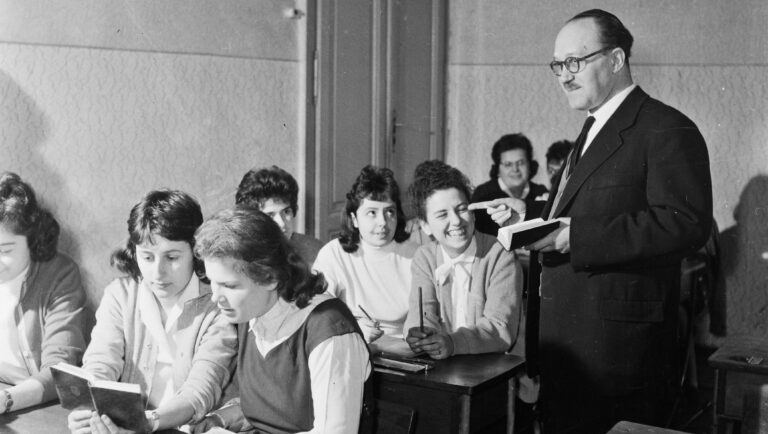The digitalization of communication in Hungary has made social media presence indispensable for public and market actors, according to a recent study commissioned by the National Media and Infocommunications Authority (NMHH). The research, which examined the 300 most popular Hungarian Facebook pages and three million posts between 2021 to 2024 sheds light on trends shaping public interaction and content creation.
The study reveals that posts about sports garnered the most likes and reactions, political topics received the most comments, and recipes achieved the highest number of shares. Popular post categories included everyday memes, life announcements, celebrity news, quick recipes, inspirational quotes, and esoteric content.
Among the standout performers between 2021 and 2024 was the animal rescue page Wegera a kommunikátor, which amassed nearly 3.9 million shares and boasted the most-shared post with 39,000 shares. Meanwhile, Nemzeti Sport Online generated 55 million reactions, the highest of any page.
‘Animal rescue page Wegera a kommunikátor amassed nearly 3.9 million shares and boasted the most-shared post with 39,000 shares’
The study found a strong correlation between posting frequency and audience reach. Pages posting multiple times an hour, such as news portals, often struggled to engage users as effectively as public figures who posted less frequently—typically once or twice a day.
The report also highlighted how Facebook’s explicit policies and implicit algorithmic preferences dictate content strategies. Explicitly, the platform prohibits adult content, while algorithmic preferences are less transparent and learned through trial and error. Content creators must adapt to these unwritten rules to remain visible to users.
The study noted that the European Union’s Digital Services Act (DSA) has empowered users to manage their online experiences, such as switching to a chronological feed to bypass algorithmic curation. However, most users have not adopted this feature, meaning content creators still benefit from aligning their posts with Facebook’s preferences.
As in other economic sectors, a small number of actors dominate Facebook. Over half of the analysed posts came from just 20 pages. Public figures were particularly influential, with 42 per cent of the studied pages belonging to this category and 17 of the 20 most interactive pages managed by public personalities.
Related articles:







